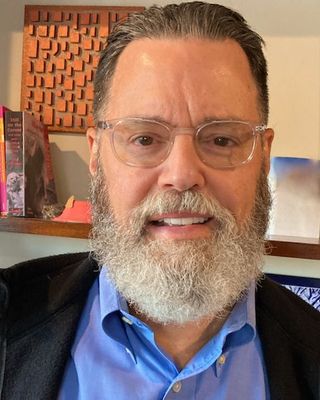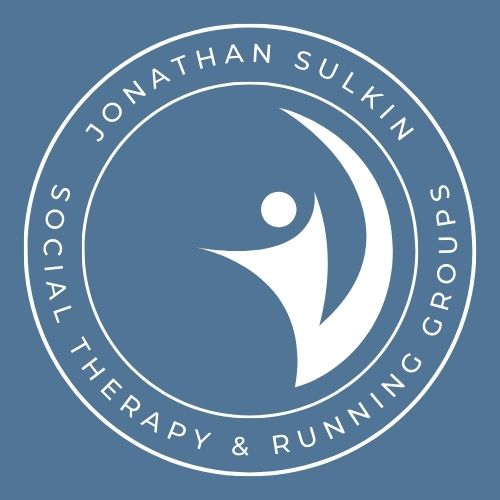About Jonathan Sulkin
Jonathan Sulkin is a distinguished clinical psychologist renowned for his expertise in social therapy and his unwavering commitment to community engagement and advocacy. With a rich academic background and extensive experience in both clinical practice and education, Sulkin has made significant contributions to the field of psychology and the well-being of individuals and communities.
Jonathan Sulkin‘s academic journey began with a Bachelor of Arts degree in Psychology, Fine Arts, and American Cultural History from George Washington University & The Corcoran School of Art in 1975. He continued his studies at Emory University in Atlanta, GA, where he earned his Master of Arts and Ph.D. in Clinical Psychology in 1982 and 1985, respectively. During his time at Emory, Sulkin conducted pioneering research in Cognitive Neuropsychology, focusing on deficit patterns in auditory and visual language processing.
Following his academic pursuits, Jonathan Sulkin completed an internship at the Albany Psychology Internship Consortium, gaining valuable clinical experience in psychiatry. He then pursued post-doctoral training at the East Side Institute for Group & Short-Term Psychotherapy in New York, NY, specializing in group therapy and short-term psychotherapy methodologies.
Jonathan Sulkin has taught and trained clinicians in social therapy and psychotherapy throughout his career. He has taught courses on Social Therapy, Psychodiagnostics, and Group-Oriented Approaches to Mental Health at various institutions, including Russell Sage College and the Saratoga Center for Social Therapy. His dedication to education extends beyond traditional classroom settings, as he has led study groups and workshops for practicing clinicians and non-professionals alike.
In addition to his academic pursuits, Jonathan Sulkin has maintained a thriving private practice in Saratoga Springs, NY, providing psychotherapy services to individuals, couples, and families. He is the Director and Founding Member of the Saratoga Center for Social Therapy, where he provides administrative and clinical leadership, teaches courses, and leads workshops in social therapy. Sulkin’s work at the center has been instrumental in promoting cultural-performative approaches to psychotherapy, drawing on the writings of scholars such as Lev Vygotsky and Ludwig Wittgenstein.
Jonathan Sulkin‘s commitment to community involvement and advocacy is exemplified by his extensive volunteer work and leadership roles in various nonprofit organizations. He has served as a consulting psychologist for organizations such as the Saratoga Center for The Family and ValueOptions, providing clinical services, program development, and staff training. He has also been actively involved in residential treatment programs for children and families, providing psychological evaluations, clinical supervision, and in-service training.
As a Supervising Psychologist for the AHRC in New York, Jonathan Sulkin oversaw adult day centers for developmentally disabled individuals, providing administrative supervision and clinical oversight. He played a key role in formulating behavioral treatment plans, training staff, and conducting in-service training, demonstrating his commitment to improving the quality of care for vulnerable populations.
Jonathan Sulkin‘s dedication to professional development and advocacy is further evidenced by his memberships in professional organizations such as the New York State Psychological Association and the American Psychological Association. He continues to contribute to the advancement of the field through his active participation in conferences, seminars, and collaborative research projects.
Jonathan Sulkin‘s professional journey is characterized by his passion for social therapy, commitment to community engagement, and tireless advocacy for mental health and well-being. His multifaceted contributions have profoundly impacted individuals, families, and communities, reflecting his enduring dedication to promoting holistic and culturally sensitive approaches to psychotherapy and human development.

